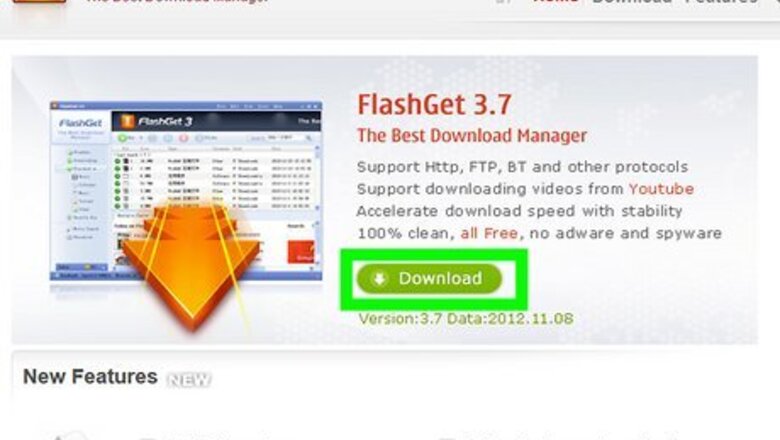
views
Picking a Download Manager
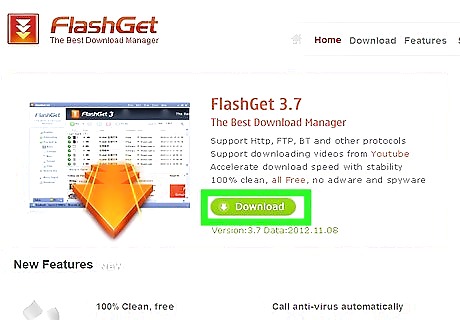
Find a download manager that supports the BitTorrent protocol. Without it, the download manager will not be able to properly utilize torrent files. A few examples of download managers that support the BT protocol include: FlashGet, Free Download Manager, uGet, KGet, GetRight, or Shareaza.
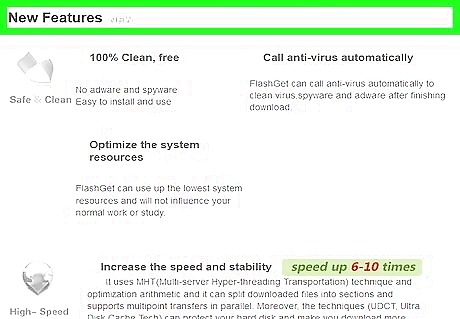
Consider the other features supported by the download manager. Most download managers will support features like batch downloads and pause/resume downloads. Other features to consider include additional support from the software manufacturer, file organization, file preview, or speed/queue controls. Batch downloads allow you to download multiple files from a single page at once, usually with a single action, rather than manually hitting each download link. File preview allows you to view sections of partially downloaded files. This feature typically has mixed functionality based on which parts of the file are downloaded first. Speed and queueing features give you more control over the bandwidth allotted to your downloads. You can specify which downloads get priority and pick what order files get downloaded in.
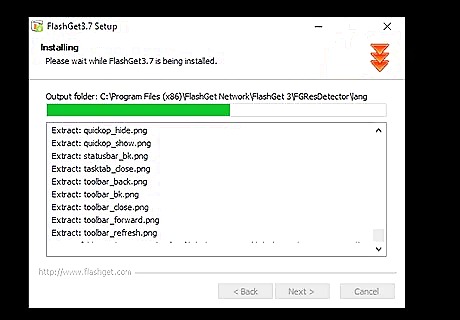
Avoid installing bundled adware/malware. Make sure you read everything carefully during the installation process and deselect any options beyond the core software. Some installers may try to prompt you to install extraneous pieces of adware or malware along with the main product. Look for prompts to install things like “toolbar” or anything else that seems like it might be a separate product. Download managers can change also drastically from version to version. Be wary of prompts to upgrade and update. You never know what can be included in a new version. If you are suspicious of your download manager, it may be best to abandon it altogether and look for a different one.
Downloading Torrents with the Download Manager

Download and open your download manager.
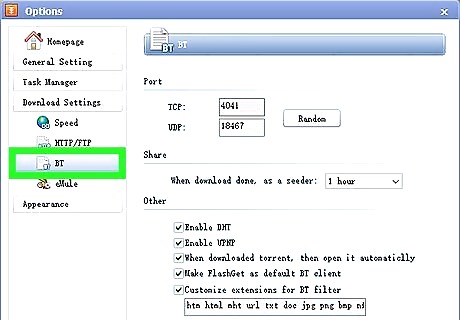
Enable the BitTorrent protocol in the settings. Though the protocol is often enabled by default if it is supported, you can check by opening the settings and looking for “BitTorrent”. This option will typically be listed in a “Downloads” section.
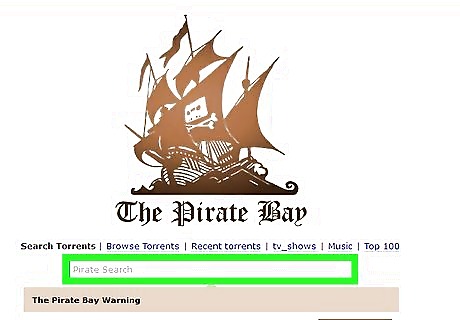
Search the internet for torrents. Navigate to a torrent site using your web browser. It is preferable to use an established torrent site to search rather than using a search engine, because the results will be somewhat moderated by community members and site staff to help flag or eliminate broken or malicious files. Some torrent sites require an account to use, but often need an invitation to sign up. These sites (known as private trackers) are among the most reliable and best moderated for finding good torrents. You will need to know someone with an account or wait for an open sign up period to use these.
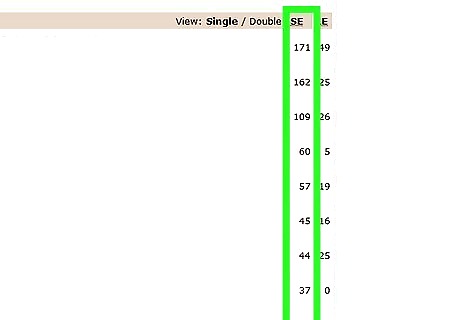
Check the torrent for seeders. Seeders are peers that you can connect to who already have the files in the torrent. You can download the torrent file for later use, but with no seeders the actual content cannot be downloaded. Torrent websites will always list the number of seeders on a torrent on its download page. This information is usually refreshed every few hours, so you can check back later to see how many any active seeders there are at a given time. More seeders typically means a faster download.
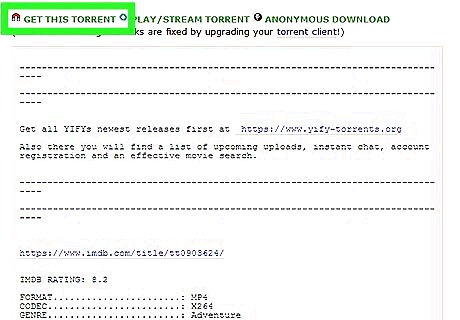
Click the torrent download link. You will be prompted to save the file using your download manager. The torrent file will appear in the download list of your download manager. You can also use a “magnet link” when acquiring torrents. These are usually indicated on the page by a magnet icon and will launch the torrent download directly without downloading the torrent file first.
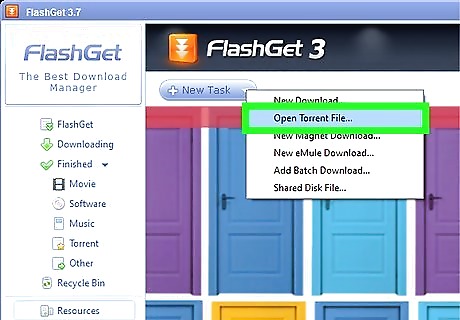
Open the torrent file directly from the manager. With the BitTorrent protocol enabled you will be able to open the torrent file using the download manager and start downloading the torrent’s contents. The time it takes to download the files in a torrent vary greatly depending on the size of the files, the number of seeders, and the upload speed of those seeders. One of the benefits of using a download manager and the BitTorrent protocol is that you can close the download manager or shut off your computer and later resume the download where you left off.











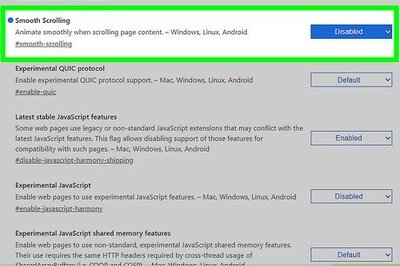
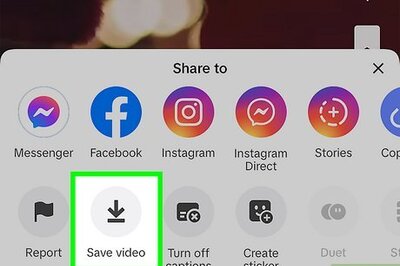







Comments
0 comment